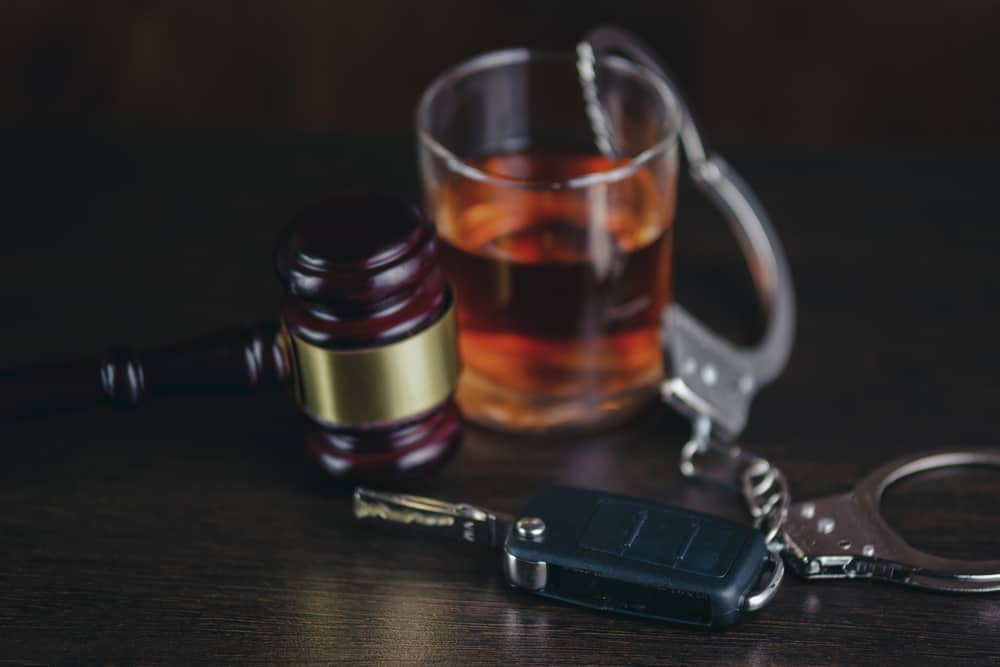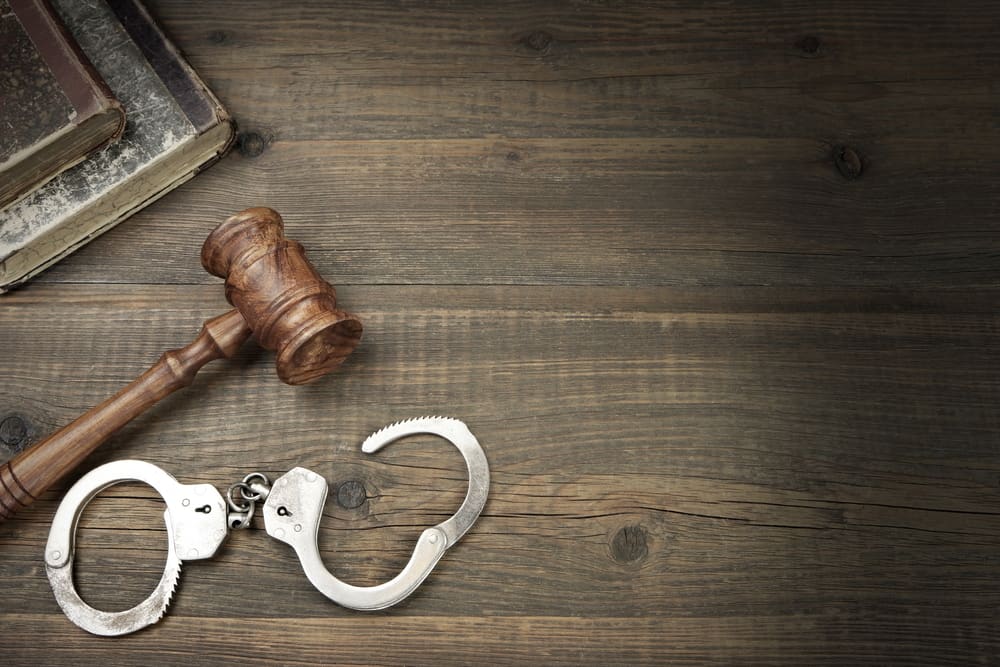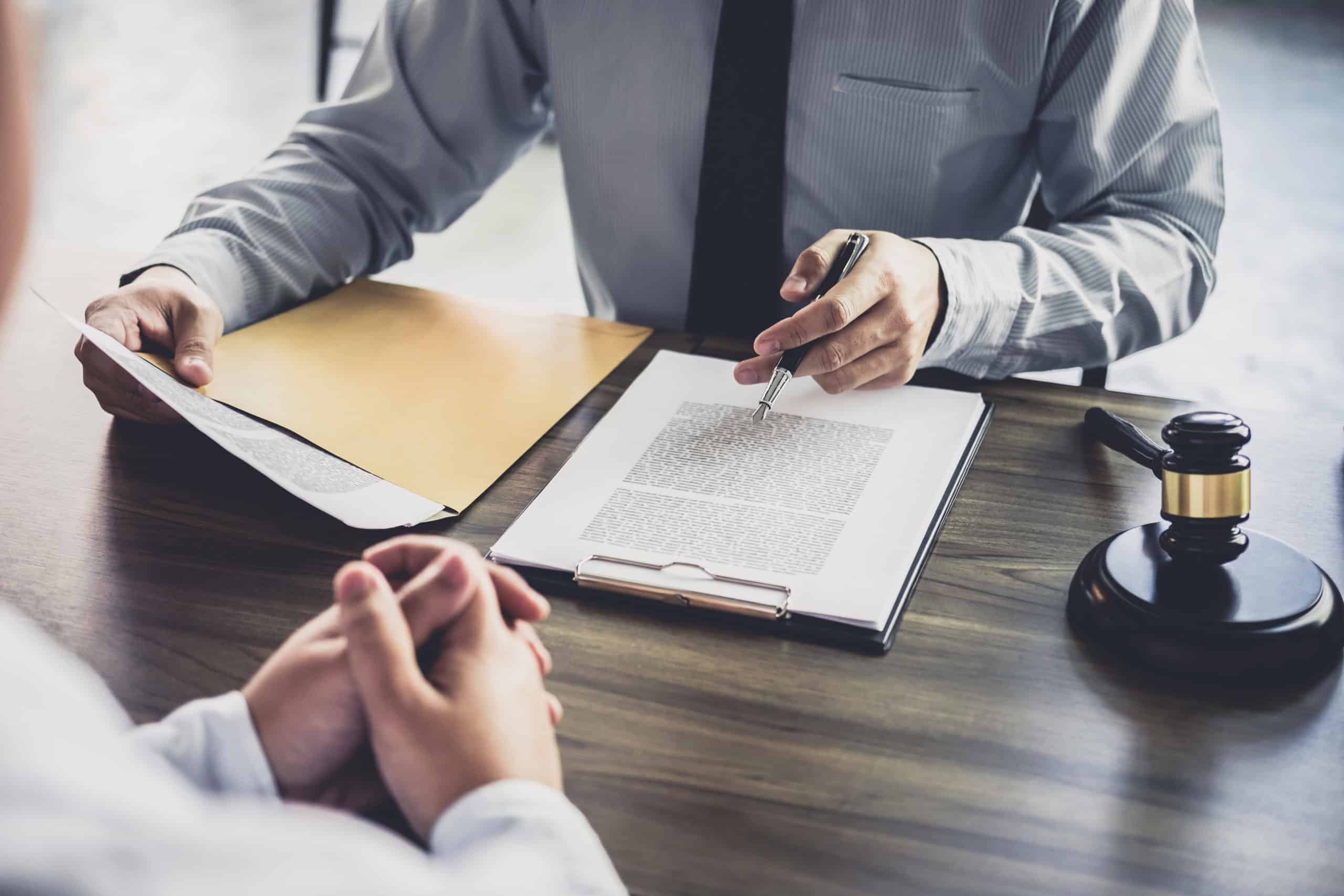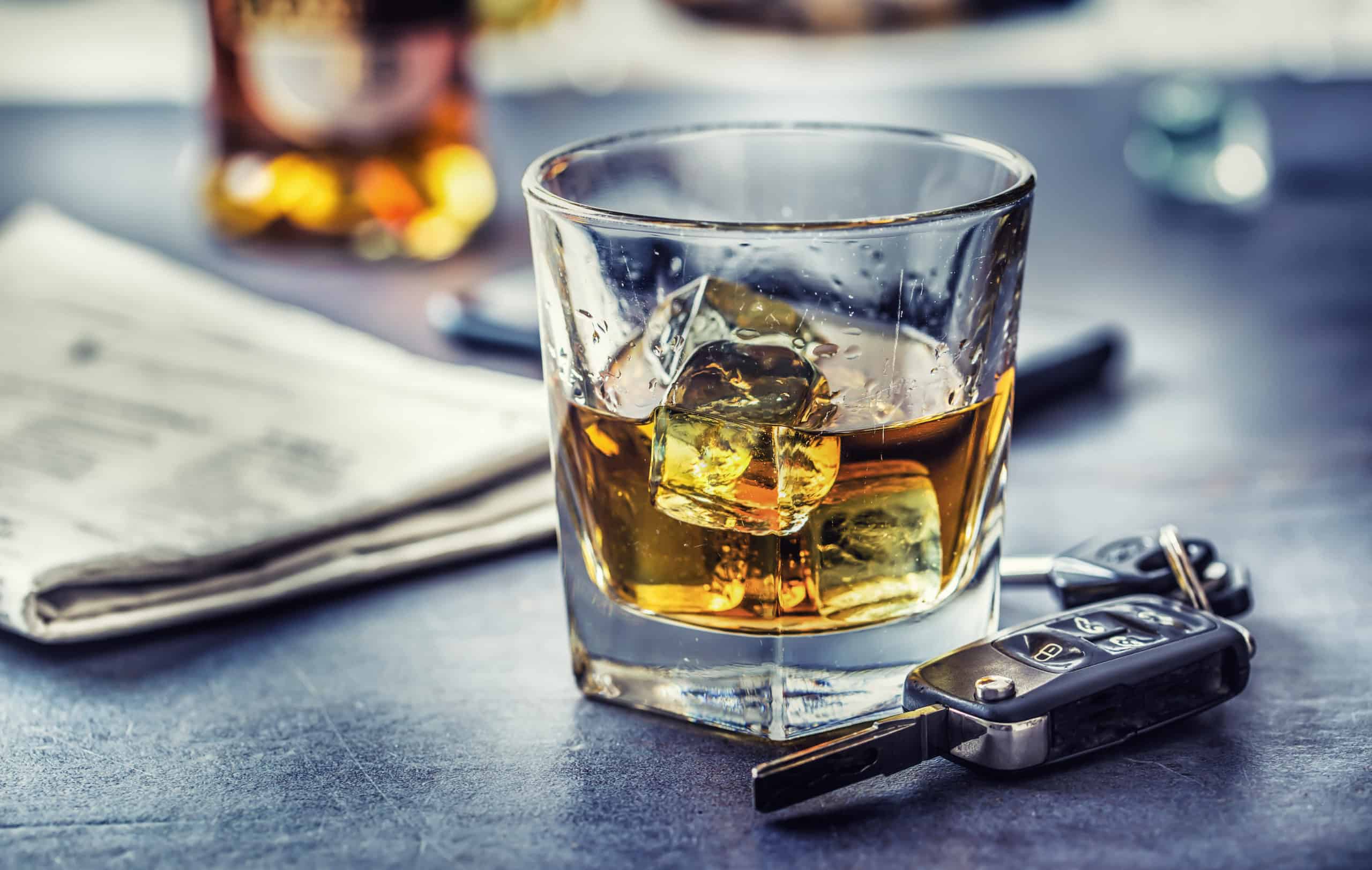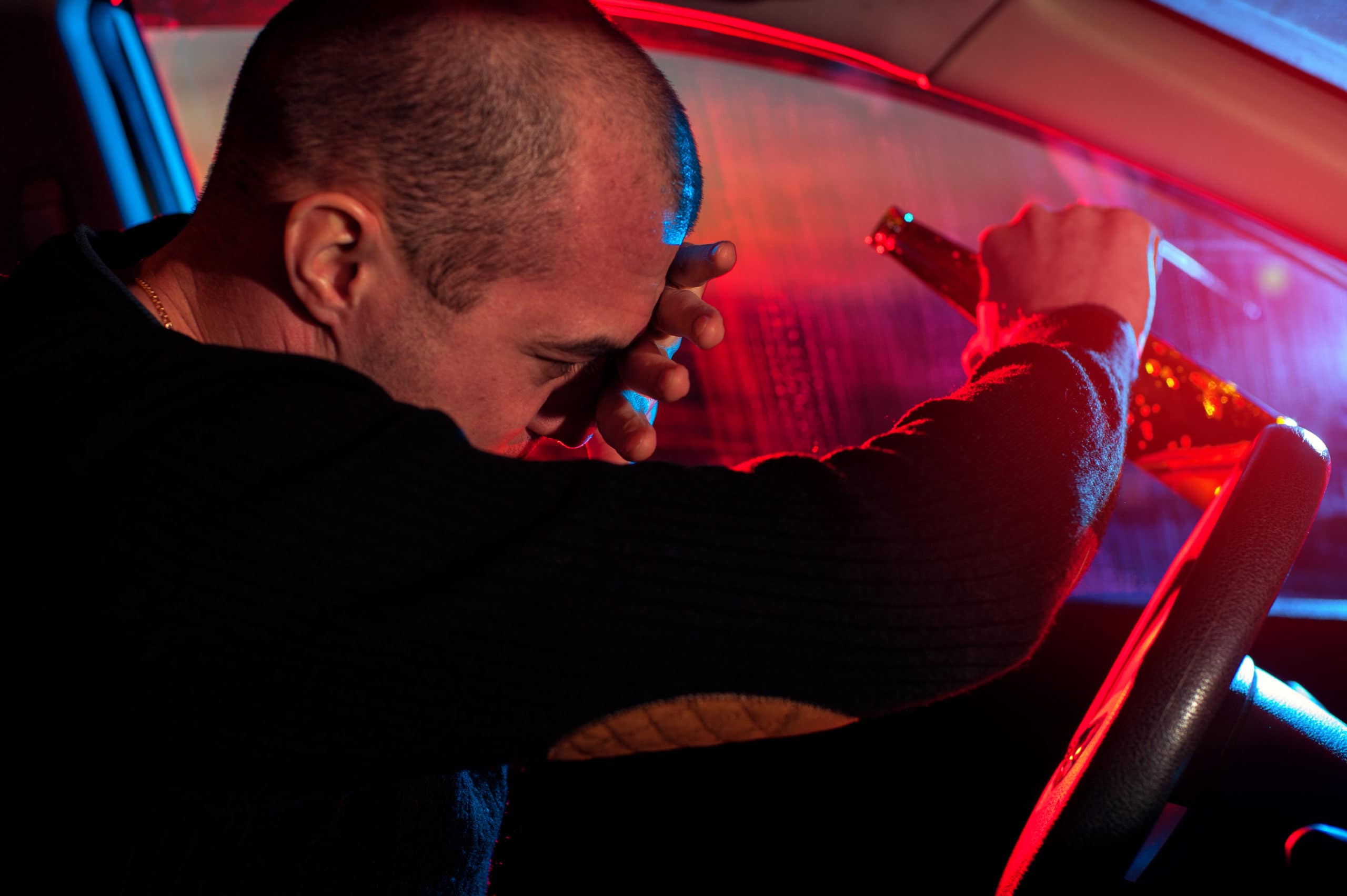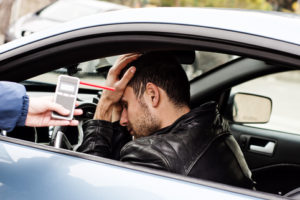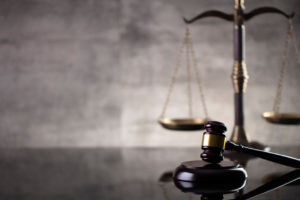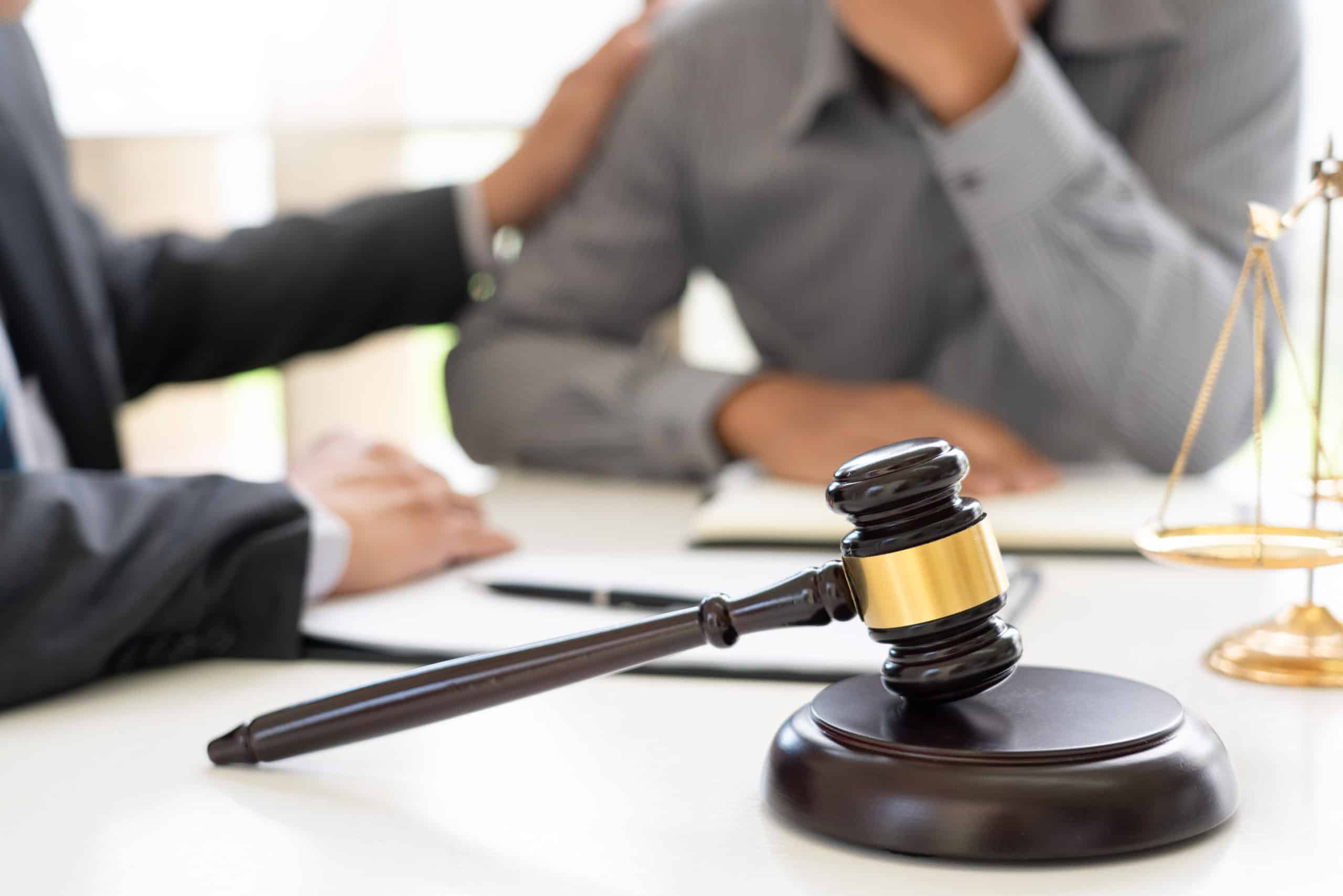
Time spent on the water with friends can turn into a nightmare if you get arrested for boating while intoxicated (BWI). In fact, Texas takes this crime just as seriously as DWI, with expensive fines, driver’s license suspension, and mandatory jail time.
Fortunately, you can fight BWI charges. Choose a boating while intoxicated (BWI) lawyer in Garland who will fight tirelessly to protect your legal rights and improve the outcome of your case.
The Law Offices of Randall B. Isenberg can help. Call us today at 214-696-9253 to get started.
Do You Need a Lawyer for Boating While Intoxicated (BWI) Charges?
Faced with BWI charges in Garland, you can plead guilty and accept the consequences that come with that. If you do, however, you will suffer the same fate as someone convicted for drunk driving. You will lose your driver’s license, pay major monetary fines, and spend time in jail.
You will also earn a permanent criminal record, which will show up any time someone runs a background check on you. This can make it difficult or impossible to get a job, rent a home, or find affordable car insurance.
Texas also views a BWI conviction exactly like a DWI conviction when assessing penalties for repeat offenses. So, if you face DWI/BWI charges in the future, the state will treat you as a repeat offender.
A BWI attorney at the Law Offices of Randall B. Isenberg will protect your legal rights and build a strong case in opposition to your charges. In many cases, your lawyer can convince the prosecutor to reduce or dismiss the charges against you.
If necessary, we can take your case to court and mount a strong defense on your behalf.
How Does The State Define Boating While Intoxicated?
In Texas, BWI is virtually identical to the crime of DWI, or driving while intoxicated — but on the water instead of the roadway.
The Texas Penal Code states that this offense applies to the operation of vessels, such as jet skis, pontoons, speedboats, and sailboats, while intoxicated. The statute also makes it illegal to waterski while intoxicated.
The BWI definition of intoxication mirrors that of DWI, which is a blood alcohol concentration (BAC) of 0.08 or above. However, the police can arrest you for BWI no matter what your BAC may be if they believe you do not have sufficient mental and physical capacity to operate your boat safely.
Penalties for Boating While Intoxicated (BWI) in Garland
The penalties for a BWI conviction mirror those for DWI:
First Offense BWI
A first BWI offense is a Class B misdemeanor, eligible for the following penalties:
- Up to $2,000 monetary fine
- A possible 3 days to 6 months in jail
- Up to a 1-year driver’s license suspension

Second Offense BWI
This crime, a Class A misdemeanor, carries the following penalties:
- Up to $4,000 monetary fine
- 30 days to 1 year in jail (a mandatory minimum 3-day stay)
- Up to a 2-year driver’s license suspension

Third and Subsequent Offense BWI
This crime is a third-degree felony, eligible for the following penalties:
- Up to $10,000 monetary fine
- Between 2 and 10 years in prison
- Up to a 2-year driver’s license suspension
In addition to the penalties described above, the judge may assign additional penalties including community service, community supervision (probation), a boating safety course, or substance abuse counseling.
And, also like DWI, boating while intoxicated qualifies for enhanced penalties if your BAC is above 0.149, if you caused property damage, injuries, or death, or if you operated your boat in a reckless manner.
What Are the Differences Between BWI and DWI?
As similar as these two offenses may be, they do have several differences.
- Field Sobriety Testing: The Texas BWI statutes previously required the police to conduct field sobriety testing on land. Now, however, officers can conduct this testing onboard your boat as long as they do so in compliance with the seated standardized field sobriety testing regulations(SSFSTR) established by the National Association of State Boating Law Administrators (NASBLA).
- Reasonable Suspicion: To search your car, the police must have a reasonable suspicion that you are intoxicated (or guilty of another crime). However, the police can board your boat and conduct a search at any time, with or without reasonable suspicion.
- Open Container: Texas statutes prohibit an open container of alcohol in a motor vehicle (you face a mandatory 6 days in jail) but not in a watercraft. On the water, your passengers may have open containers in their possession.
How Does a BWI Conviction Affect Your Driver’s License?
In Texas, conviction on either BWI or DWI can cost you your driver’s license.
At the time the police arrest you for boating while intoxicated, the officer will take your driver’s license and issue you a temporary authorization to drive. Within 15 days, you must request an Administrative License Revocation (ALR) hearing.
If you fail to schedule an ALR hearing, the Texas Department of Public Safety (TxDPS) will automatically suspend your license, regardless of the status of your criminal BWI charges. And, even if you do appear and give testimony at your hearing, TxDPS may suspend your license for some or all the allowable length of time.
TxDPS also requires payment of a surcharge (up to $2,000) to restore your license after suspension. You must pay this fee once each year for a total of 3 years after suspension.
How to Choose a BWI Lawyer in Garland
Do not make the mistake of taking BWI charges lightly. A BWI charge can disrupt your life and harm your future.
To choose the right attorney for you, look for a lawyer who will protect your rights and fight tirelessly to negotiate a more favorable outcome in your case. Also look for an attorney who has the right amount of experience. Attorney Randall Isenberg has more than 30 years’ experience, including time spent as a district court judge and a felony prosecutor. This unique perspective means he knows how the other side operates and how to prepare a strong defense.
Contact the Law Offices of Randall B. Isenberg today to schedule a free consultation: 214-696-9253.



